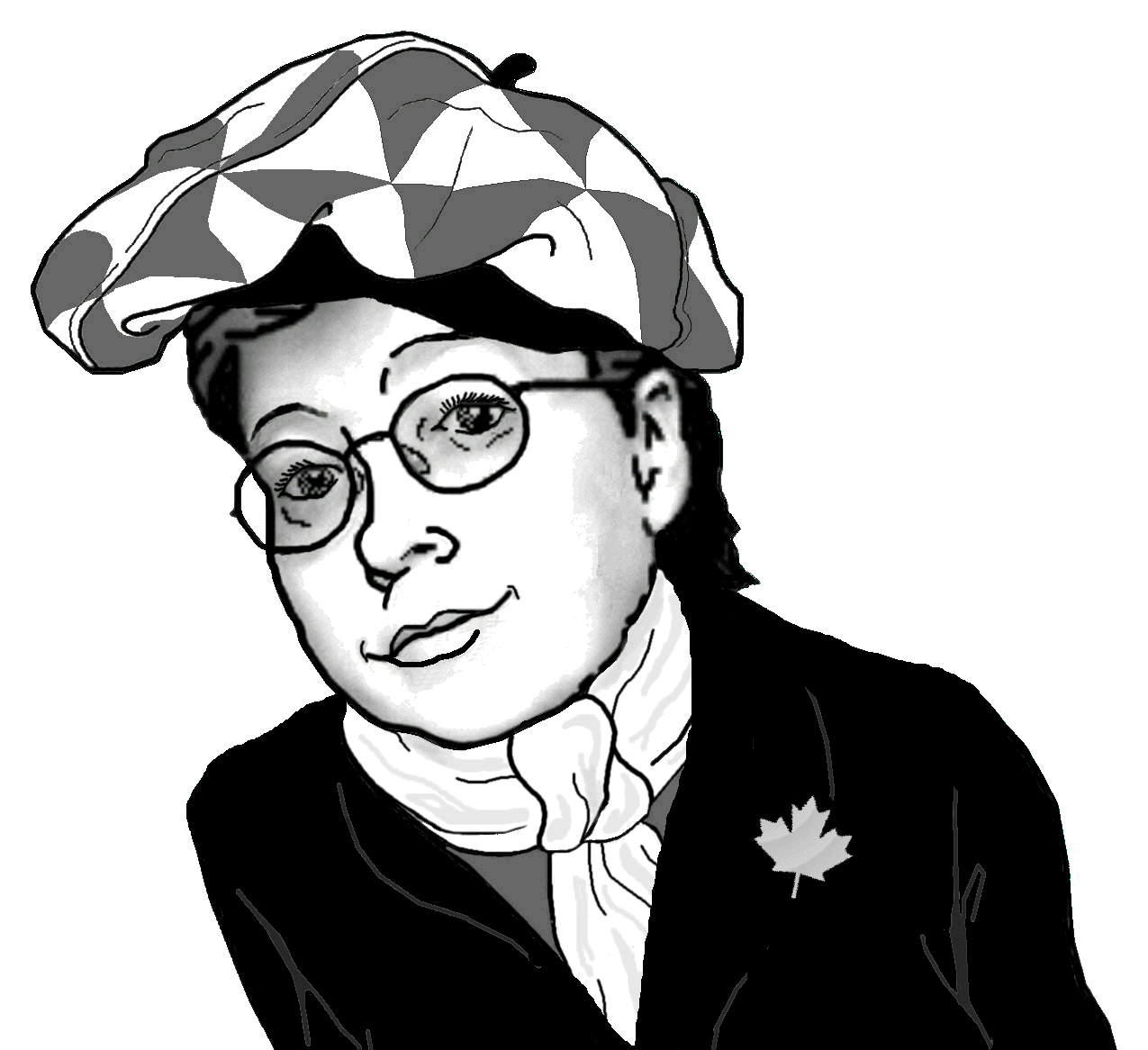Poetry Support and Social Stigma
- Ronda Wicks Eller
- Jul 4, 2016
- 4 min read

In sifting through literally hundreds of previously written poems this morning I sat amazed over how many of them had faded in mind and seemed new again, even to me. I didn't recognize their titles or even their beginning content and in some cases I'd even forgotten how I'd ended them. Revisions were instantaneous as the needed word or phrase popped into mind effortlessly; having simmered long enough to be subconsciously rendered until the moment I was ready to put them to use. Some poems needed no reworking at all. They'd retained their potent efficacy throughout the interim and I wondered why I'd set them aside to begin with. Alas, I probably hadn't devised an appropriately themed manuscript to add them into yet...
All of this made my meandering mind divert to a muse over how poetry has changed but really hasn't throughout the years. Sure, we experiment with new forms of it more often these days and it often seems like 'anything goes' as long as one declares it to be a "poem" but really now - the renowned poets of the past did the same thing when they invented new rhyme schemes, toyed with variants of rhythm and meter, et al. They didn't drop words on a page in any random order and they did aim toward ingenious invention.
It was then that I became a little incensed. What is it about poetry that has taken it from being an art form valued enough that wealthy patrons supported the craft by assuming responsibility for the artisan's well-being to one that encourages 'closet poets and poetry', carrying the stigma of being shamefully lazy and disinclined to labour? Writing is hard work and requires a base talent with a honed skill combined. Just ask anyone who can't write well and wishes they could. People enjoy the product but how often does the mind spring it came from get overlooked? For example, the movie makes a box office hit but the scriptwriters get overlooked (with their names in small letters, listed at the end, when everyone's attention is all but lost), the song makes the top billboards and musician is recognized but the songwriter goes minimally acknowledged, if at all, in the general public's eye. We enjoy our modes of entertainment but unless it has the power to nail us down long enough to ask what stopped our busy lives, do we really pay attention?
Ironically, when it comes to poetry, it suits other industries, such as the movie industry (as one example) to draw reference to poets and poetry in one of two ways: to herald a sense of nostalgia that suits their themes or to underscore the old stereotype that the character is "barking mad", a nut-bar with some weird propensity for mentally residing in another reality. On occasion we do get a good one, like Dead Poets Society, that focuses on the art itself and brings it out for public appreciation but who, I ask, takes time out for a 1 hour poetry event in REAL life? And who will buy these books that they can return to over and over again as a starting point for their own contemplations about the life they are in?
Not many, I'm inclined to acknowledge with chagrin. When I launched my last book in 2008 I attended a number of book launch / readings. The poorest attendance was at The ArtBar in Toronto on Canada Day where, regrettably, there were only four people that weren't actual poets themselves. The remainder (the other poets) came to support one another and many were poets of great merit in their literary endeavours too! The best turnout was for a one time event I organized myself in conjunction with the League of Canadian Poets and the Canada Council for the Arts, called "Crossing the Lines". We received a whopping turnout of seventy-five people but we also managed to get The Honourable Consul-General for South Africa in Canada, Nogolide Nojozi, to attend with South African/Canadian journalist/poet Vusi Moloi... and Alice Munro slipped in 'on the sly'. The three hours we planned became four, by popular vote, and nobody noticed the passing time... it was that much fun!!!
So what's the point of this blog entry? Support! If you value the insights that a poet offers through their literary art, support them. Buy the darn book, enjoy their readings, talk to them... and about them to other people. Only you, collectively, can stem the tide of apathy toward poetry and thwart the stigma that it is an inessential cultural medium. It is very essential! The poet reflects the world around him/her on all levels and often goes to the 'fringe' of thought processes where others fear to tread, only to bring it back in a palatable form for everyone to consume in their own, very personal way. That's it. That's my rant for today!
Be at peace, be one and live in love!
Ronda



Comments